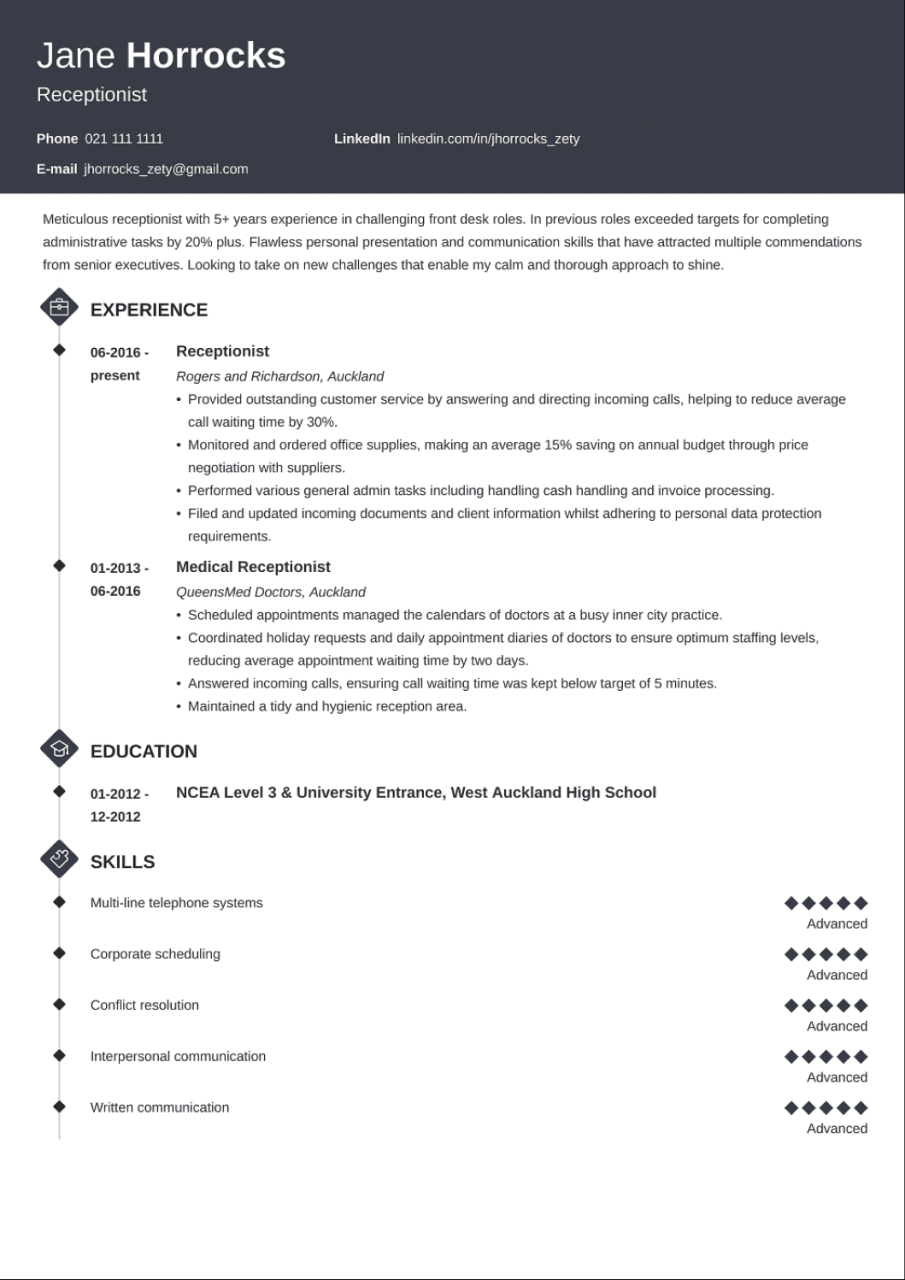
Free Will Templates NZ: Unraveling the Complexity of End-of-Life Choices
Introduction
Navigating the twilight years can be a time of both reflection and uncertainty. For those facing end-of-life decisions, having clear directives in place can provide peace of mind and ensure wishes are honored. In New Zealand, free will templates offer a comprehensive framework to guide these crucial choices. This article delves into the intricacies of free will templates, exploring their benefits, considerations, and legal implications.
Understanding Free Will Templates
Free will templates, also known as advance directives or living wills, are legal documents that allow individuals to make decisions about their future healthcare in the event they become incapacitated or unable to communicate. These templates empower individuals to express their preferences regarding life-sustaining treatments, such as resuscitation, artificial nutrition, and hydration.
Benefits of Free Will Templates
- Autonomy and Control: Templates give individuals the power to determine their own healthcare choices, ensuring their wishes are respected even when they cannot verbalize them.
- Peace of Mind: Having a plan in place can provide peace of mind for both the individual and their loved ones, knowing that decisions have been made in accordance with their values.
- Reduced Burden on Family and Friends: Clear directives can prevent emotional distress and family conflicts by eliminating the need for loved ones to guess or make arbitrary decisions.
- Improved Healthcare Outcomes: Templates facilitate informed and timely medical interventions, ensuring that healthcare providers understand the patient’s wishes and can act accordingly.
Considerations When Using Free Will Templates
- Legal Validity: Free will templates must comply with New Zealand law to be legally binding. It is advisable to consult with an attorney or healthcare professional to ensure the document is properly drafted.
- Capacity and Competency: Individuals must be of sound mind and have the capacity to make informed decisions when completing a free will template.
- Clarity and Specificity: Instructions should be clear, specific, and cover a wide range of potential scenarios to avoid ambiguity or misinterpretation.
- Communication with Healthcare Providers: Individuals should discuss their free will template with their healthcare providers to ensure they understand and respect their wishes.
- Ongoing Review and Updates: Circumstances and medical advancements may change over time, necessitating regular reviews and updates to free will templates.
Legal Implications of Free Will Templates
In New Zealand, the Health and Disability Commissioner’s Code of Health and Disability Services Consumers’ Rights (HDC Code) provides guidance on the legal recognition and enforcement of free will templates. Key provisions include:
- Right to Refuse Treatment: Individuals have the right to refuse or withdraw consent for medical treatment, regardless of the patient’s mental capacity.
- Advance Care Directives: Advance care directives, including free will templates, are legally binding and must be followed by healthcare providers.
- Respect for Autonomy: Healthcare providers must respect a patient’s wishes, even if those wishes differ from their own medical judgment.
How to Create a Free Will Template
Several organizations in New Zealand provide free will templates that are legally compliant and easy to use. Here are some steps to follow:
- Choose a Trusted Person: Select an enduring guardian or healthcare proxy to make decisions on your behalf if you become incapacitated.
- Complete the Template: Fill out the template thoroughly, indicating your preferences for healthcare treatments, resuscitation, and other end-of-life care.
- Get Witnesses: Two independent witnesses must sign the document to attest to your capacity and understanding.
- Keep Copies: Make multiple copies of the completed template and distribute them to your healthcare providers, family members, and attorney.
Free Will Templates NZ: A Comprehensive Guide
Free will templates are essential tools for ensuring autonomy and peace of mind in the face of end-of-life decisions. By understanding the benefits, considerations, and legal implications of these templates, individuals can create a legally binding plan that reflects their values and preferences. Consulting with an attorney or healthcare professional can provide further guidance and ensure the template is drafted in accordance with New Zealand law.
FAQ
Q: Can I change my free will template over time?
A: Yes, you can make changes to your free will template as needed. It is recommended to review and update your template regularly to reflect any changes in your circumstances or preferences.
Q: What if I lose capacity and cannot make decisions?
A: The enduring guardian or healthcare proxy you select in your free will template will make decisions on your behalf if you become incapacitated. It is crucial to choose someone you trust to make decisions in line with your values.
Q: Are free will templates legally binding in New Zealand?
A: Yes, free will templates are legally binding under the Health and Disability Commissioner’s Code of Health and Disability Services Consumers’ Rights (HDC Code). Healthcare providers are obligated to follow the instructions outlined in the template.
Q: What if my healthcare provider disagrees with my wishes?
A: Healthcare providers must respect your wishes even if they differ from their own medical judgment. However, they may discuss their concerns with you and offer alternative solutions that align with your preferences.
Q: How do I make sure my free will template is followed?
A: Communicate your free will template with your healthcare providers, family members, and attorney. Distributing copies of the template and discussing your wishes ensures that all parties are aware of your preferences.





